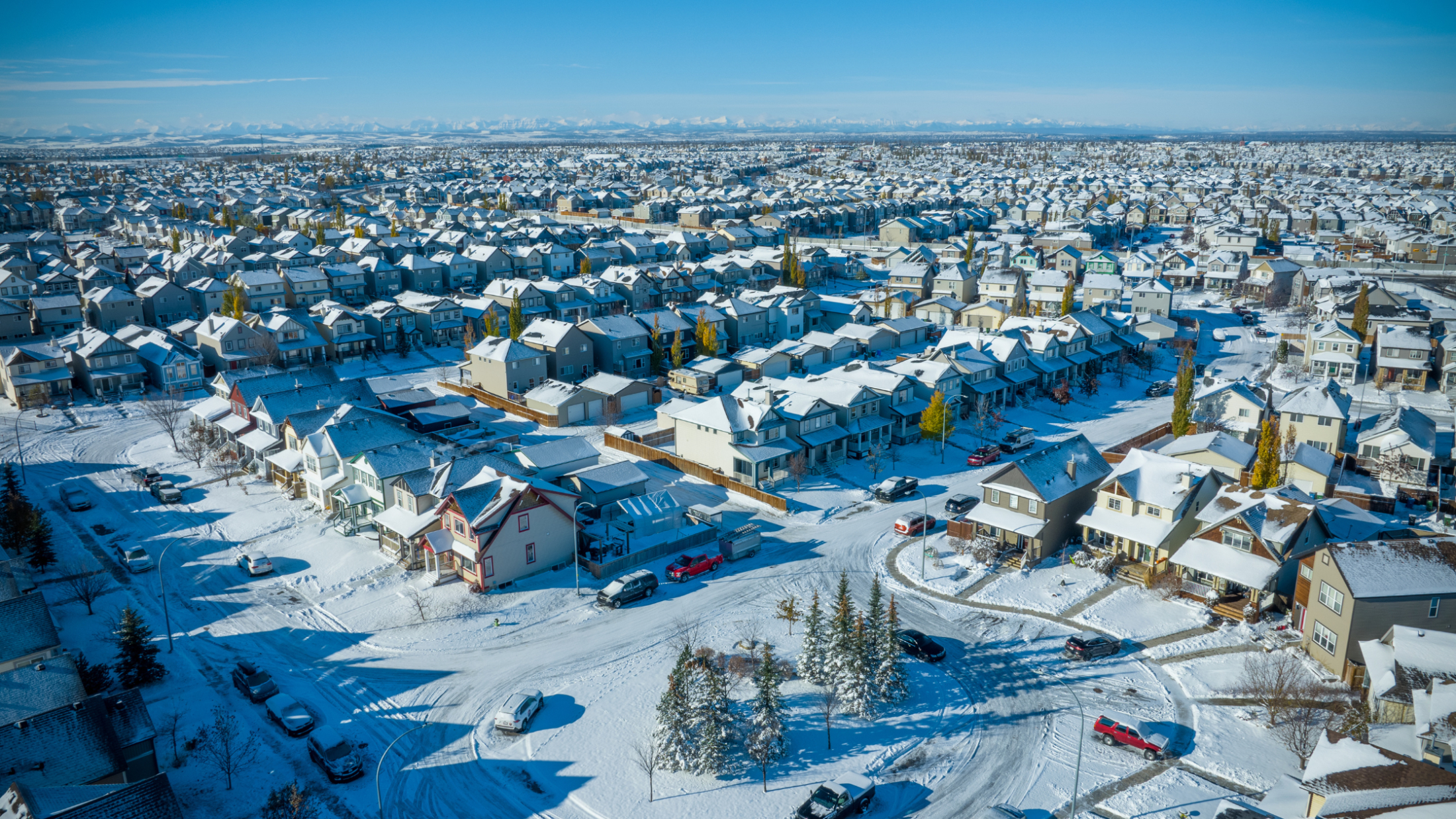Are you considering making the move from Ontario to Calgary? You're not alone. More and more Ontarians are relocating to Alberta, drawn by the province's affordability, economic growth, and strong real estate market. Whether you're moving for a fresh start, job opportunities, or financial freedom, this step-by-step guide will walk you through everything from selling your home in Ontario to settling into Calgary seamlessly.
Why Move to Calgary?
Calgary offers a compelling mix of affordability, economic potential, and lifestyle benefits. Here’s why so many are making the transition:
Lower Cost of Living – Compared to Ontario, Calgary offers more affordable housing, lower taxes (no provincial sales tax), and overall lower living expenses.
Booming Job Market – While traditionally known for its oil and gas industry, Calgary’s economy is diversifying, with rapid growth in the tech sector and increased investment from international companies.
Real Estate Opportunities – Calgary’s market currently favors buyers, with increased inventory and lower sales creating opportunities for better pricing and negotiation power.
Vibrant Lifestyle – Enjoy stunning natural landscapes, access to the Rocky Mountains, and a city that balances urban living with outdoor adventure.
Step 1: Selling Your Home in Ontario
Before making the big move, you’ll likely need to sell your property in Ontario. Here's how to do it strategically:
Assess Market Conditions – Ontario's real estate market fluctuates, so understanding when to list your home for maximum value is key.
Work with a Realtor – Our team has agents in both Ontario and Calgary, providing a seamless transition between provinces.
Stage and Market Your Property – Professional staging and strong marketing can help attract buyers and get top dollar.
Plan Your Closing Timeline – Align your Ontario sale with your Calgary purchase to avoid gaps in housing.
Step 2: Finding Your Ideal Home in Calgary
Once you've sold your Ontario property, it's time to find the perfect Calgary home. Here’s what to consider:
Explore Calgary’s Neighborhoods – From the downtown core to family-friendly suburbs, Calgary has a variety of living options.
Leverage the Buyer’s Market – With more inventory and less competition, you have room to negotiate.
Consider New Developments – Many new construction and pre-construction opportunities exist, offering modern designs and investment potential.
Use a Local Expert – Our team in Calgary specializes in helping Ontario buyers understand the market and secure the right home.
Step 3: Navigating the Alberta Real Estate Process
Buying a home in Alberta is slightly different from Ontario. Key differences include:
Lower Closing Costs – Alberta does not have a land transfer tax like Ontario.
Property Taxes & Utility Setups – Get familiar with Calgary's property tax rates and utility providers.
Home Inspections & Legal Support – Ensure your new home is in top condition with a thorough inspection and legal review.
Step 4: Planning Your Move
Moving provinces is a major transition, but careful planning makes it easier:
Hire a Long-Distance Moving Company – Research and book a reputable mover early.
Change Your Address – Update banking, insurance, government documents, and memberships.
Transfer Healthcare & Licensing – Register for Alberta Health Care Insurance Plan (AHCIP) and swap your Ontario driver's license for an Alberta one.
Plan Your Arrival – Set up utilities, internet, and any immediate home improvements before you arrive.
Step 5: Settling into Calgary Life
Once you've arrived, take time to adjust and explore what Calgary has to offer:
Get to Know Your Neighborhood – Visit local shops, restaurants, and parks.
Tap Into Job & Business Opportunities – Calgary’s growing industries provide excellent career prospects.
Join Local Communities – Networking groups, recreational leagues, and professional associations can help you integrate quickly.
Enjoy the Outdoors – Whether it’s skiing in Banff, hiking, or exploring the city’s rivers and parks, Calgary is an outdoor lover’s dream.
Making Your Move Simple with Why Buy Calgary
Relocating to a new city, especially across provinces, can be overwhelming. That’s where our team steps in. With professionals in both Ontario and Calgary, we provide a direct connection to guide you through every step—from selling your Ontario home to finding the perfect Calgary property.
If you're considering a move to Calgary, contact us today to start your journey with expert advice and a stress-free experience.












